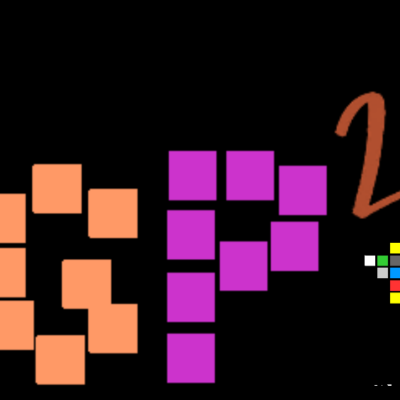By Anna Romandash
Although more countries join OGP, not all of them follow the partnership principles. It was the case of Azerbaijan and Turkey, known for their pressure on free media; their membership was suspended. “We do not see how you can be an open government and yet, jail journalists,” says Tom King, Business Development Manager at OCCRP. At OGP, he talks about open data, its importance for investigations, and the necessity to strengthen the collaboration between journalists and human rights advocates. Orange met with Tom to discuss OCCRP’s new projects and ways OGP can improve its cooperation with the media.
OCCRP is well-known for Panama Papers investigations as well as its work in Eastern Europe. Are there specific regions that interest the organization more than others?
OCCRP is a network of investigative centers. We have twenty five at the moment, and we are growing. We are looking at a dozen African centers and also expend into Latin America. We go where the stories are, having set some ambitious targets. There’s no particular country or even continent we are focusing on.
We have expanded into some regions partly due to austere environment and pressure on independent media. We did so many stories there because we believe if you jail one journalist, ten more will take their place. That’s why we traditionally focused on such areas as Azerbaijan and Eastern Europe, but we are open to new places. Some regions in the world lack independent media, and our expansion may change it.
The new project, announced at OGP Summit, is almost $6 million of US and other governmental funding. United States, Norway, Australia, Denmark, Argentina, and the Open Society Foundations decided to support the initiative, which is a partnership between OCCRP and Transparency International. It’s the first time journalists and advocacy groups work together to use results of investigations for more powerful campaigns and a bigger impact against corruption. We want the regional journalists to bring us cross-border local stories against corruption, and we want to reveal the best journalism around the world.
What is the connection between OGP and OCCRP?
Previously, the strongest connection has been on the data side. We have a great technical team that developed tools for journalists like ID Search, and thanks to it, it was connected to OGP.
Still, this is the first time I have come here because we increasingly see the value in communicating with a wider range of civil society groups and activists. OCCRP is not activists, it is journalists, but in the world with lots of fake news, we need to seek our allies.
What are OGP’s most important areas for your organization?
Open data is the most important. Access to information is kind of above open data, and you cannot have one without the other. Media are often skeptical about OGP because in the past, different countries expressed their commitment to OGP, but were quite repressive. A good example is Azerbaijan, whose membership was suspended. We are pleased about that because we do not see how you can be an open government and yet, jail journalists. We are interested in the cases to strengthen freedom of expression laws in OGP countries to enable robust independent media.
How does OCCRP use open data for investigations?
It is all about connecting public information with other data. This is not always easy because there may be a point after which you can go no further. However, you can still find out a lot more. For instance, we have done stories on Azerbaijan first family that owns property in London. To see if it was true, we searched UK land registry. This may not give you the answer, but then, you can get the name of the company that owns property, and use the combination of public and leaked information like we did with Panama Papers.
These kinds of stories are very important because they do not only show if governments are corrupt, but whether they are benefitting personally from the corruption. So if someone buys a multi-million house at the expense of state employees, who have not been paid for two years – as was the case in one of our stories recently, – it really shows the citizens the real impact corruption has on their daily lives.
Does OGP need a legal mechanism to influence member states?
I am not sure about legal mechanism, but OGP needs to encourage member countries to take bold steps. In my impression, OGP has not been great to reaching out to journalists and encouraging them to join in. In many places in the world, human rights advocacy and journalism go hand in hand, and OGP needs to work with them. This is the challenge of OGP on how to bring more people.
How is OGP performing in Europe?
I think the biggest problem we face in Europe is the difference in access of information. Even with the right information, we may not realize we have it since it can be published in the wrong format and difficult to use. This is something OGP has to look at: how we can encourage data sharing and make it more considerate across borders. It is great that lots of countries publish new information, but we also want them to see the benefits of opening data in such a way that journalists and civil society groups can use it more efficiently.




